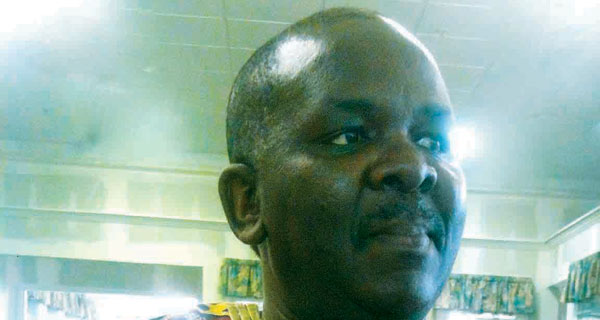×
The Standard e-Paper
Stay Informed, Even Offline
 |
| Author Joseph R Alila has written more than 10 novels and two epic poems. [PHOTO: COURTESY/STANDARD] |
By ABENEA NDAGO
“Do you know that during my Kenyatta University days, the late Professor could not touch the wheel of a car because of forgetfulness?”